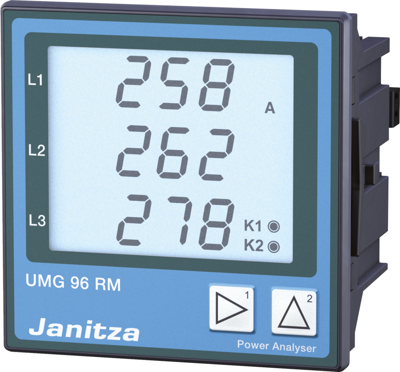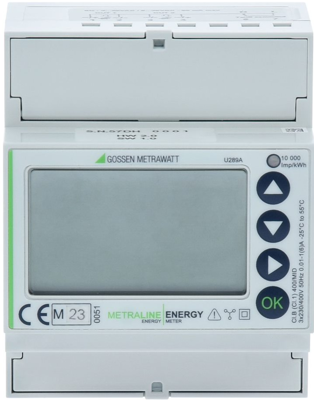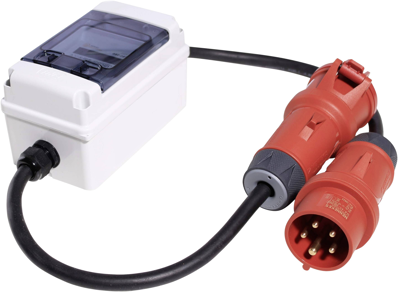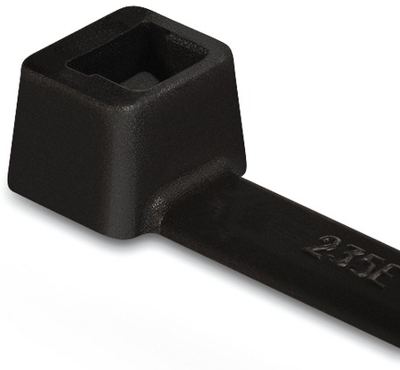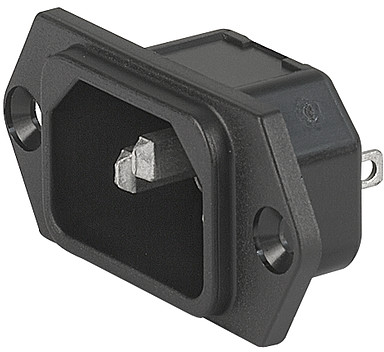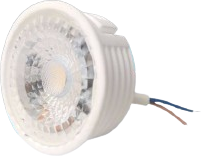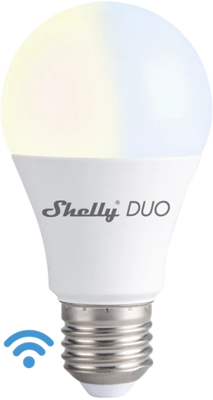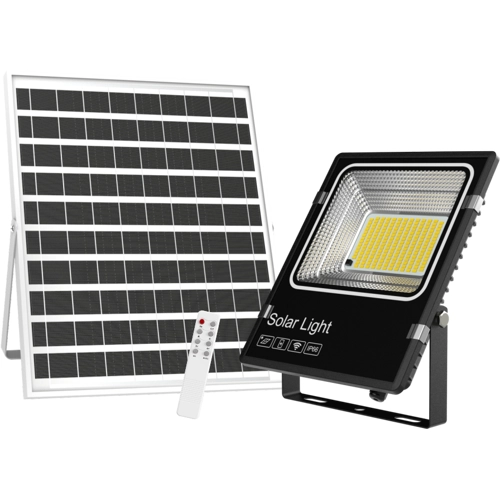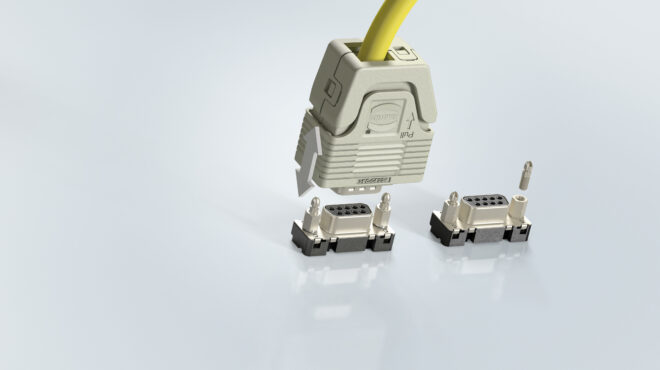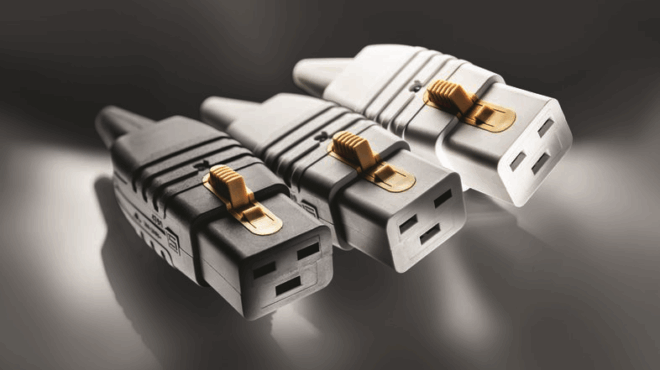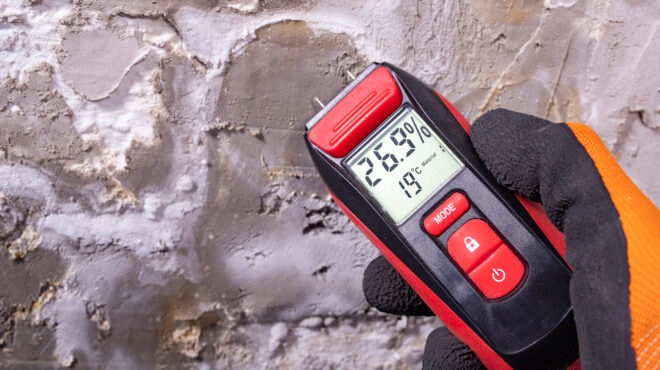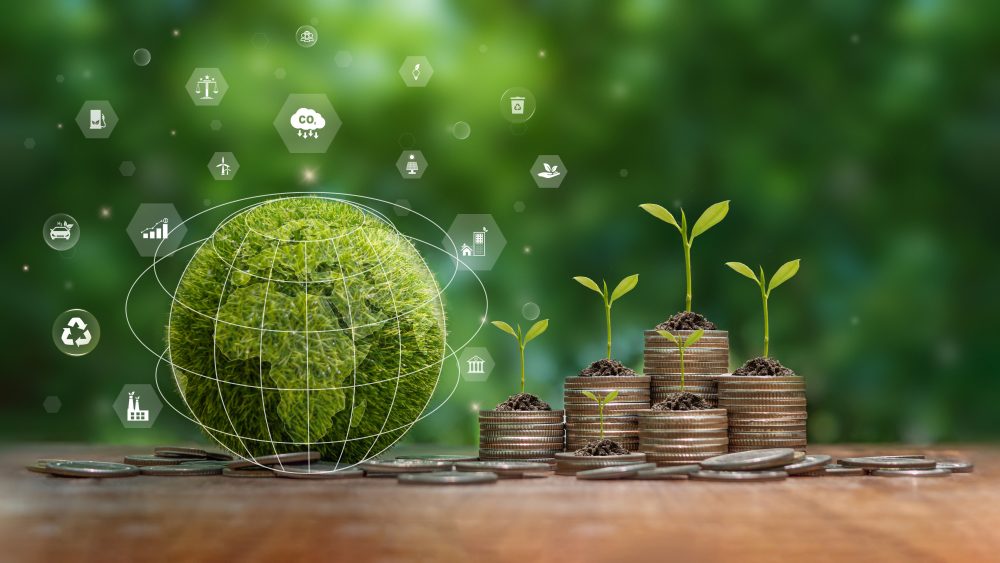
Committed to the Climate: Energy Efficiency Act (EnEfG)
The Energy Efficiency Act (EnEfG) has been in force since November 2023 and obliges authorities, companies and data centers to take energy measures. What does the Energy Efficiency Act actually stipulate? And what strategies and solutions are there to meet the requirements? We have examined the topic in detail.
Reduce energy consumption, preserve resources and optimize consumption: Saving energy is an issue in both private households and businesses. While many individuals and companies are motivated by financial aspects such as reducing ongoing energy costs, sustainability also plays a decisive role. Keyword: energy transition. The law passed in November 2023 to increase energy efficiency and amend the Energy Services Act (Energy Efficiency Act – EnEfG) is an important step by the German government to achieve its energy efficiency goals in line with the ambitious EU targets.
Saving energy – from an option to an obligation
Sustainability is on everyone’s lips. However, it is also clear that there is still some catching up to do, particularly in the industrial sector. A lot of potential for making one’s own business more energy-efficient often remains untapped. Until now, legislators in Europe have appealed to the voluntary nature of companies and offered low-threshold access to restructuring through awareness-raising and support measures – with moderate effect.
In order to achieve the ambitious climate targets, the German government has now decided to enshrine the topic of energy efficiency in law – turning voluntary action into an obligation. The Energy Efficiency Act (EnEfG) was therefore passed on September 21, 2023. The declared aim of the EnEfG is to reduce primary and final energy consumption in Germany.
The Energy Efficiency Act: Content and objectives in detail
The new legal obligation is characterized by a general obligation to save energy. This contains specific requirements for the federal government, federal states, public bodies, data centers and companies. The aim is to achieve annual savings of 50 terawatt hours of final energy by 2030. The following measures have been defined:
- Public bodies with an annual energy consumption of more than 1 GWh are obliged to save 2% energy each year. To this end, they must introduce simplified energy management systems (EnMS), such as DIN EN 16247-1 or ISO 50005 Level 2.
- Facilities with a consumption of over 3 GWh must also implement a comprehensive EnMS (energy management system) or EMAS (voluntary EU system for environmental management and environmental audits) by mid-2026, for example in accordance with ISO 50001 or ISO 50005 Level 4.
- The federal states also have the task of submitting detailed reports on the energy consumption of their public bodies and municipalities, broken down by total and final energy consumption, different sectors and energy sources.
What the Energy Efficiency Act will change for companies
Following the example of the federal government, the federal states and the public sector, the EnEfG also presents energy-intensive companies with new challenges and obligations. The aim of the requirements is to increasingly shift the trend in industry towards sustainable and energy-efficient solutions. The consequence of this requirement is an increase in demand for products and technologies that increase efficiency.
- From an annual final energy consumption of more than 2.5 GWh, companies must create, develop and publish implementation plans for all measures that are identified as cost-effective in accordance with DIN EN 17463. Only by submitting these plans to a certifier, assessor or energy auditor do they receive the necessary confirmation.
- Companies with an annual energy consumption of more than 7.5 GWh are obliged to introduce an energy management system in accordance with ISO 50001 or EMAS.
- In addition, companies are now obliged to provide information and report on the production of waste heat. They must minimize the amount of waste heat generated in their production processes or, if this is not possible, use it efficiently.
Managing energy consumption: strategies and solutions
The targets have been set, the rules have been established. Now it’s time for the federal government, federal states, local authorities and companies to implement them. In other words: to convert and retrofit. Intelligent products along the entire value chain are needed to effectively reduce energy requirements in the long term. With Bürklin Elektronik, you have a reliable and future-oriented partner at your side to implement the legal requirements in the best possible way and in a timely manner. In addition to the wide range of products from well-known manufacturers in our online store, you will also receive expert advice from our service team.
Taking stock with the help of measurement technology
The first step towards greater energy efficiency is to analyze the current situation. Where is there potential for savings? How high is the current consumption? Answers to questions like these can be obtained by collecting data with the help of sensitive measurement technology. Active energy meters provide support in energy monitoring and help to create the basis for subsequent action: meaningful data records. Collecting this information also helps with consumption billing and can drive forward building automation.
In the Bürklin Elektronik online store, you will find a wide selection of energy meters to make your daily work more sustainable. Use the practical filter categories and navigate unerringly to the desired product in the required version!
Connection technology and cable management: harnessing efficiency potential
Once the hotspots – i.e. the main energy consumption points – have been identified, it’s time to upgrade the relevant areas. Particularly in connection technology and cable management, there are often relevant levers for optimizing the energy balance. Bürklin Elektronik’s product range includes many different sustainable components and solutions. The selection ranges from various appliance plugs with complementary sockets to cable ties made from renewable raw materials.
Rethinking lighting: increasing energy efficiency
Even supposedly insignificant factors can have a significant impact on power consumption in industrial operations and public facilities – lighting, for example. Bürklin Elektronik offers you ideal products for greater energy efficiency with economical lights and useful accessories, for example LED panels, LED escape route lights or LED strips from quality manufacturers such as Enovalite and Luxula. Floodlights with LED light sources that have a motion detector further reduce electricity consumption by only emitting light when the room is actually in use.
Energy efficiency in focus
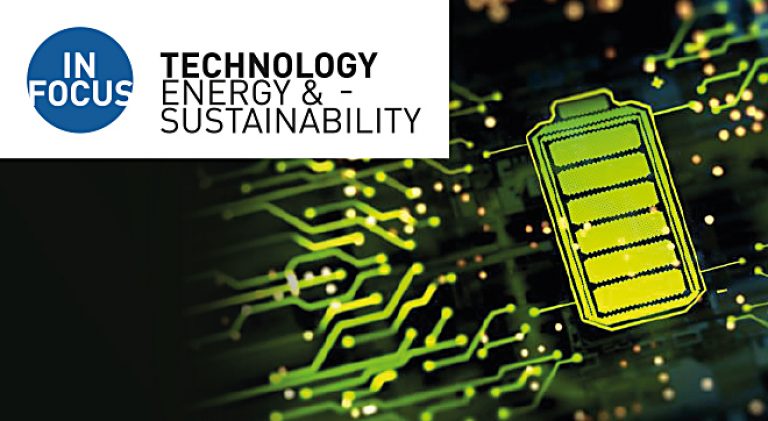
Sustainability in electronics is more in demand than ever. To find out more about this forward-looking topic, it is worth visiting our online magazine. In the energy efficiency section, we regularly present sustainable approaches, technologies and trends. You will always be up to date with the latest developments in electromobility, solar technology and more. Find out more about innovative approaches in this area and find out about “Buildings as a Grid” or “Energy Harvesting” – read it now!
We have also compiled a selection of sustainable products and energy efficiency products to help you comply with the new Energy Efficiency Act.

